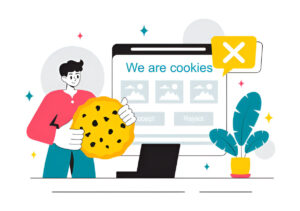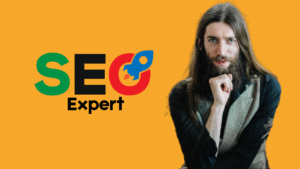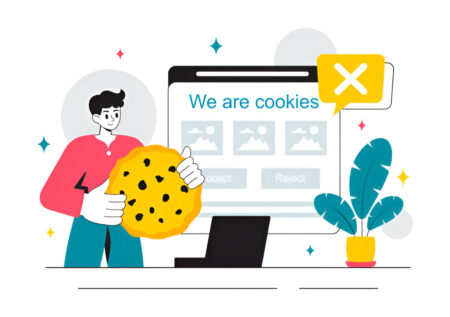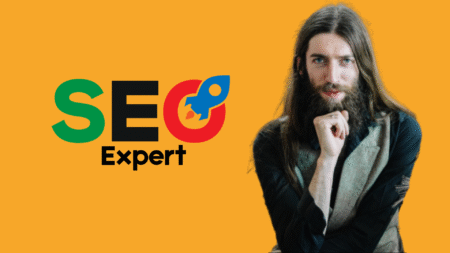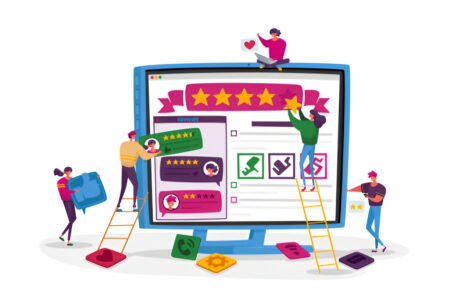AI is no longer a futuristic buzzword—it’s the backbone of modern PPC advertising. In 2025, businesses that integrate AI tools into their PPC strategies are experiencing better targeting, increased ROI, and reduced ad spend.
This article explores the top AI-powered tools and actionable tactics to supercharge your PPC campaigns in the evolving digital landscape.
Why AI Matters in PPC Advertising (2025 Edition)

The digital ad space is saturated. Manual campaign management is becoming inefficient. AI tools now empower marketers to automate bidding, personalize ads, and leverage massive datasets for performance insights. With machine learning models, advertisers can anticipate customer intent, optimize budgets, and enhance user engagement.
Key Takeaway: AI allows for smarter, faster, and more scalable PPC campaigns.
Key Features to Look for in AI-Powered PPC Tools

When selecting AI tools, prioritize platforms that offer:
- Automated Bid Management: Real-time bidding based on user behavior and conversion data.
- Predictive Analytics: Forecasting tools that help determine the best-performing ads.
- Cross-Platform Integration: Seamless syncing with Google Ads, Facebook Ads, and other channels.
- Dynamic Ad Copy Generation: AI-generated headlines and descriptions tailored to audience segments.
Best AI Tools for PPC in 2025

1. Google Ads Smart Bidding
Uses machine learning to optimize for conversions or conversion value in every auction.
2. Optmyzr
Provides rule-based automation, data analysis, and custom script options to streamline campaigns.
3. Adzooma
An AI-powered platform offering campaign optimization and recommendations across Google, Facebook, and Microsoft Ads.
4. WordStream by LocaliQ
Great for small businesses, this tool helps manage PPC with intelligent automation and reporting.
5. Revealbot
Automates Facebook and Google Ads with advanced rule-setting and real-time performance triggers.
6. Albert AI
Fully autonomous digital marketing platform that handles targeting, media buying, and optimization.
Note: Always evaluate the features based on your campaign size, platform needs, and budget.
Tactical Ways to Use AI in Your PPC Campaigns
- Smart Keyword Research: Use AI tools to identify high-intent, low-competition keywords.
- Audience Segmentation: Analyze user behavior and create hyper-targeted ad groups.
- Budget Allocation: AI reallocates budget in real-time to high-performing ads.
- Automated Ad Copywriting: Tools like Jasper and Copy.ai can generate persuasive ad copy.
Common Challenges with AI in PPC (and How to Solve Them)
Challenge 1: Lack of Transparency
Solution: Choose tools that provide data visibility and customization options.
Challenge 2: Over-reliance on Automation
Solution: Regularly audit campaigns and keep manual controls where necessary.
Challenge 3: High Initial Learning Curve
Solution: Invest time in learning the platform and use built-in tutorials or external training.
AI Trends Shaping the Future of PPC
- Voice Search Advertising: AI is helping brands create ads optimized for voice queries.
- Conversational AI: Chatbots integrated into ad funnels to capture leads.
- Visual AI: Image recognition for better targeting in display and video ads.
- Predictive Intent Modeling: AI anticipates user actions before they happen.
Real-World Results: Case Studies
- A mid-size eCommerce business used Optmyzr to reduce CPA by 30%.
- A digital agency integrated Revealbot and saw a 25% increase in ROAS within 60 days.
Conclusion
AI is no longer optional in PPC—it’s essential. From smart bidding to predictive analytics and automated copywriting, AI tools help businesses run efficient and profitable campaigns. Start by testing one or two platforms and scale as you discover what works for your audience.
FAQs
What is the best AI tool for PPC in 2025?
It depends on your needs, but Optmyzr and Google Ads Smart Bidding are top contenders.
Are AI tools suitable for small businesses?
Yes, platforms like WordStream and Adzooma are ideal for smaller budgets.
How does AI improve PPC results?
Through automation, better targeting, and predictive insights that improve ad relevance and ROI.
